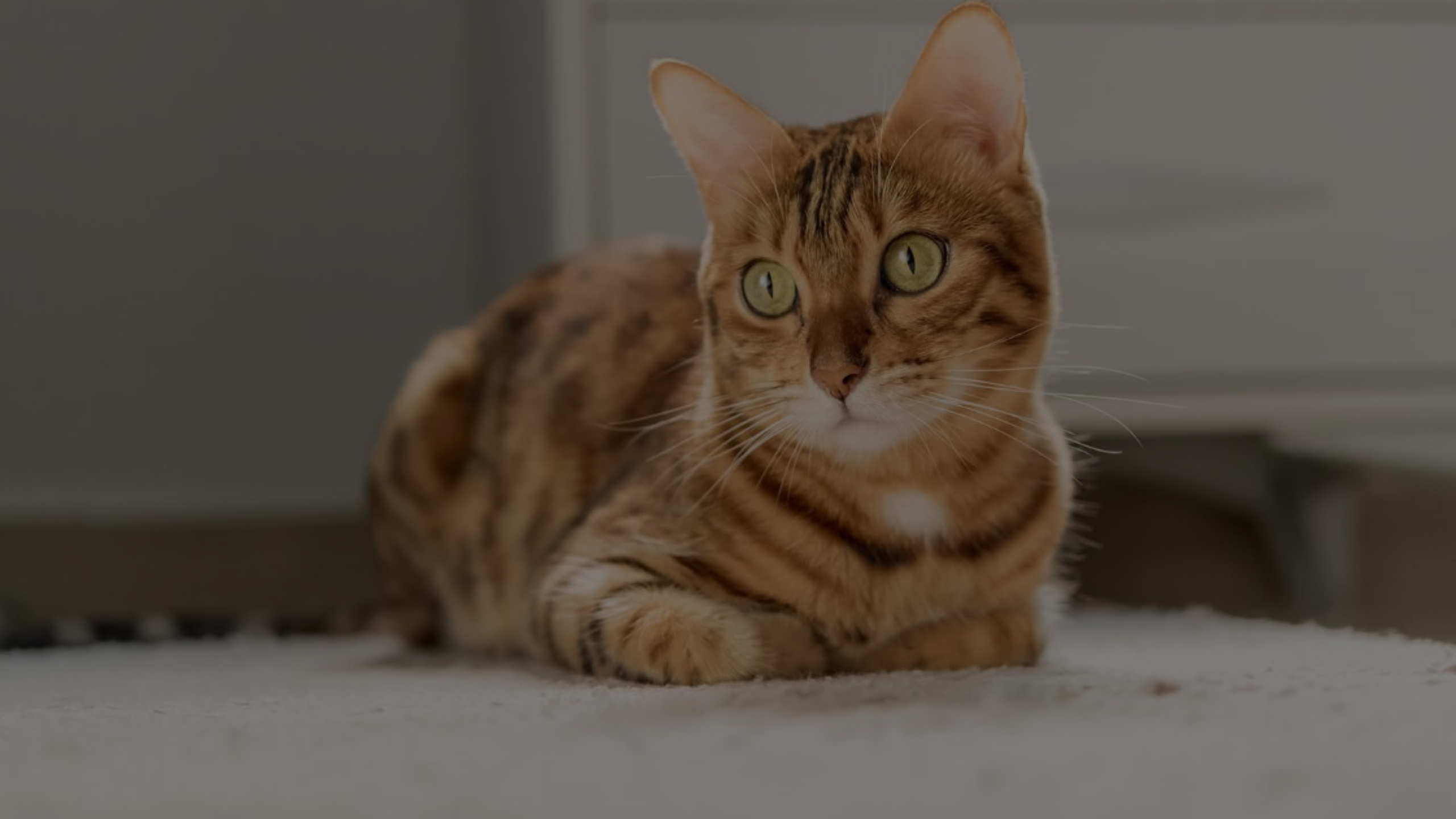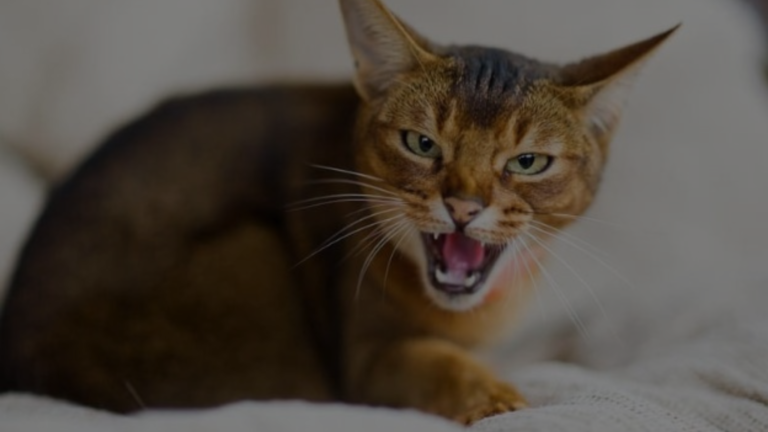Bengal cats are known for their stunning looks and lively personality. However, like all pets, they can become overweight if not properly cared for. In this comprehensive guide, we’ll explore the question: “Do Bengal Cats Get Fat?” We’ll provide you with the essential insights and tips to ensure your Bengal cat stays in top condition.
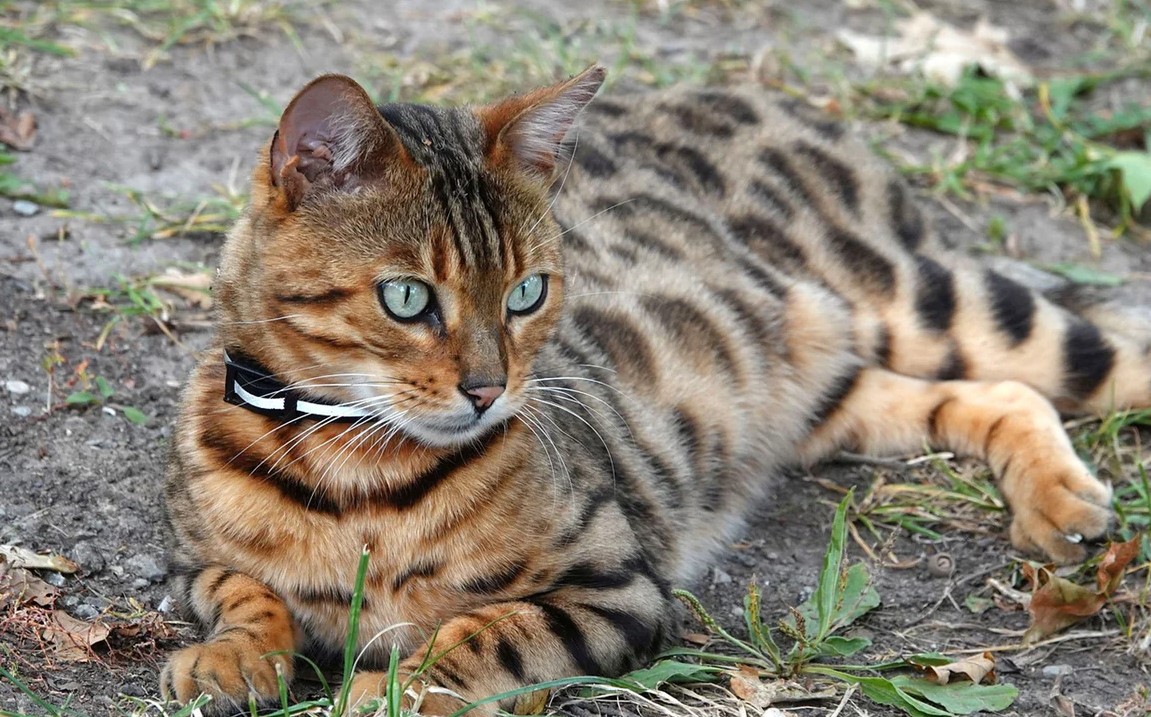
Understanding Bengal Cats
What Are Bengal Cats?
Bengal cats are a unique breed known for their distinctive coat pattern, which resembles a wild leopard. They are lively, and energetic, and can make wonderful companions for families. However, their active nature can sometimes lead to weight gain concerns.
Are Bengal Cats Prone to Weight Gain?
Yes, Bengal cats can be prone to weight gain if their diet and exercise are not carefully managed. This can lead to health problems such as diabetes, arthritis, and heart problems. To prevent this, it is very important to understand their nutritional needs and exercise requirements.
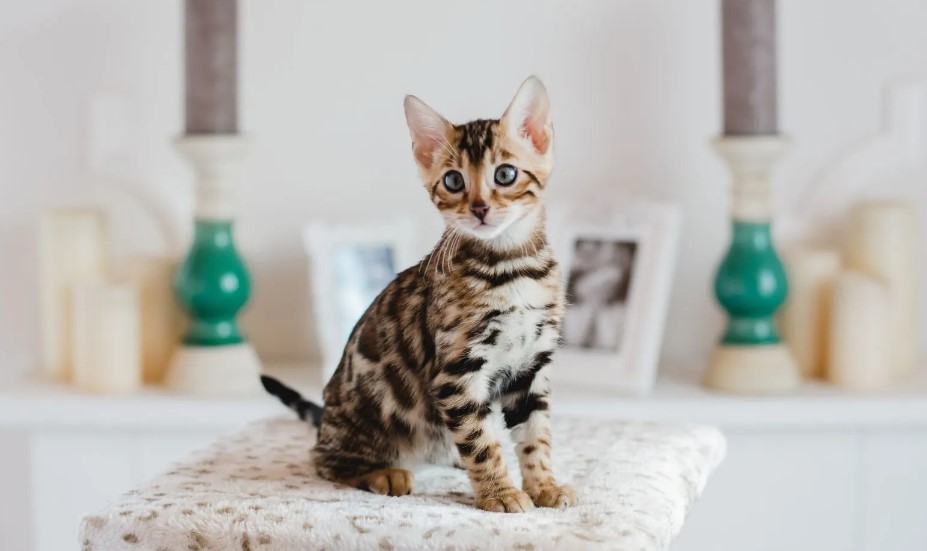
Diet and Nutrition

What Should Bengal Cats Eat?
Bengal cats, like all felines, require a balanced diet. Ensure their meals include:
- High-Quality Cat Food: Choose cat food that is specifically formulated for their age and activity level.
- Protein: Bengal cats need a diet rich in animal-based proteins to maintain their muscle mass.
- Portion Control: Be mindful of portion sizes to prevent overeating.
How Often Should You Feed Your Bengal Cat?
Bengal cats thrive on a feeding schedule. It’s recommended to feed them two to three times a day, avoiding free feeding. This helps control their calorie intake and prevents overeating.
Exercise and Playtime
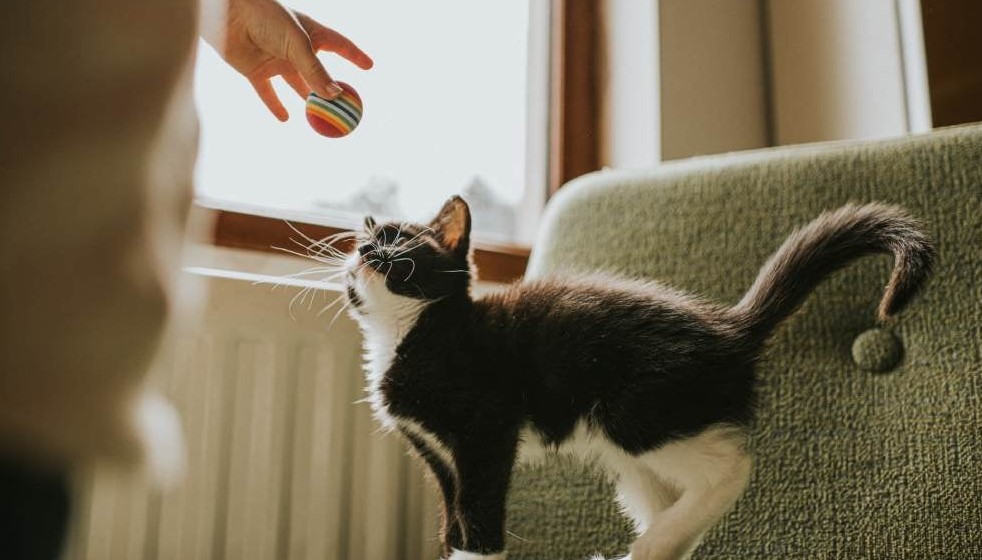
How Much Exercise Do Bengal Cats Need?
Bengal cats are highly active and require plenty of exercise to stay fit.
Provide them with opportunities for playtime daily, engaging in activities like:
- Interactive Toys: Toys that mimic prey can keep them active and mentally stimulated.
- Cat Trees: Climbing and exploring are natural behaviors for Bengals, and cat trees can help with that.
The Importance of Play
Regular play not only helps with weight management but also strengthens the bond between you and your Bengal cat. Dedicate time each day to ensure they get the exercise they need.
Monitoring Your Bengal Cat’s Weight

How to Keep Track of Your Cat’s Weight
Regularly monitoring your Bengal cat’s weight is essential. You can do this by:
- Weighing: Use a pet scale to check their weight.
- Body Condition Scoring: Consult your veterinarian to learn how to assess your cat’s body condition.
Recognizing Signs of Weight Gain
Watch out for signs of weight gain, such as a rounded belly or difficulty moving. Early detection allows for timely intervention.
Consulting a Veterinarian
If you suspect that your Bengal cat is gaining weight or experiencing health problems, consult a veterinarian immediately. They can provide guidance on diet, exercise, and any necessary medical treatment.
Tips for a Healthy Bengal Cat
Here are some additional tips to ensure your Bengal cat remains healthy and happy:
- Hydration: Always provide fresh water for your cat to prevent urinary tract issues.
- Regular Vet Check-ups: Schedule regular veterinary visits to catch any health concerns early.
- Mental Stimulation: Offer puzzle toys and play to keep their minds engaged.
- Safe Environment: Create a safe indoor environment to protect them from potential dangers.
Resources & References
For further information on Bengal cat care and nutrition, consider exploring the following resources:
Recommended Articles
YouTube Video
Before we conclude, we recommend watching the YouTube video titled “10 Things You Must Never Do to Your Bengal Cat.” This video provides valuable insights into how to care for your Bengal cat and avoid common mistakes.
FAQs – Do Bengal Cats Get Fat
Do Bengal cats get fat?
Yes, Bengal cats can get fat if they are not fed a healthy diet and given enough exercise.
How big do Bengal cats get?
Bengal cats are a medium- to large-sized breed, with males typically weighing between 10 and 18 pounds and females weighing between 7 and 12 pounds.
How can I tell if my Bengal cat is overweight?
You can tell if your Bengal cat is overweight by feeling for their ribs. If you can’t feel their ribs easily, or if they have a rounded belly when viewed from the side, they may be overweight.
Why is it important to keep my Bengal cat at a healthy weight?
Obesity is a serious health problem for cats, and it can lead to several other health problems, such as diabetes mellitus, arthritis, and heart disease.
What can I do to help my Bengal cat lose weight?
If you think your Bengal cat is overweight, talk to your veterinarian. They can help you develop a weight loss plan that is right for your cat. This may involve feeding them a special diet and giving them more exercise.
What are some good ways to exercise my Bengal cat?
Some good ways to exercise your Bengal cat include playing with them with interactive toys, taking them for walks on a harness and leash, and providing them with climbing structures.
How much food should I feed my Bengal cat?
The amount of food you should feed your Bengal cat depends on their age, activity level, and overall health. Talk to your veterinarian for specific recommendations.

